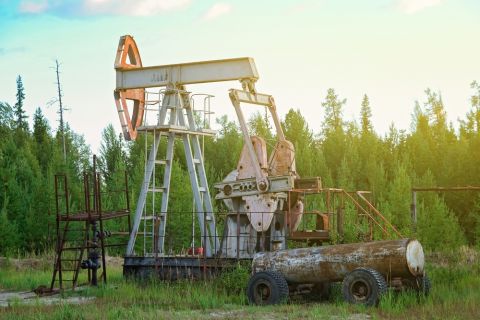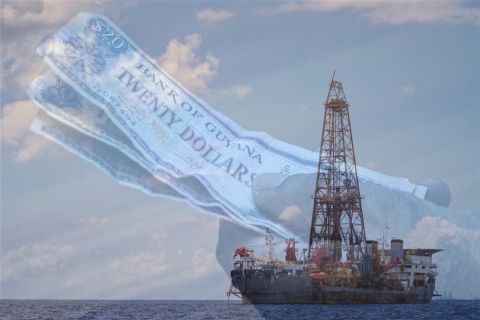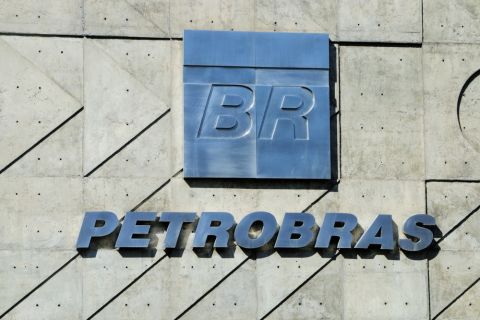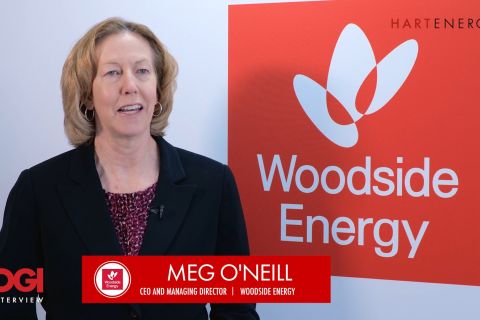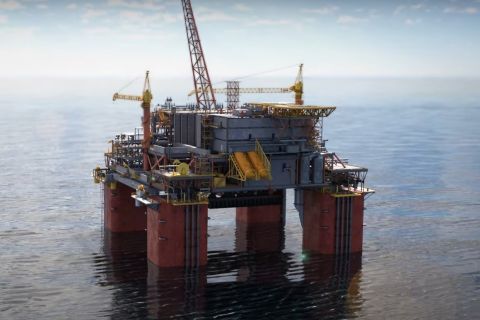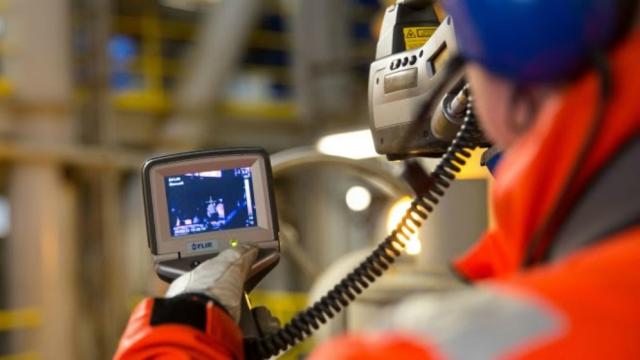
BP is about to deploy a drone carrying infrared cameras to monitor around 1,500 wells in its U.S. onshore shale operations to detect early signs of leaks, company executive Bernard Looney told Reuters at CERAWeek on March 12. (Source: BP Plc)
BP Plc (NYSE: BP)) urged the U.S. government to tighten rules limiting methane leaks from oil and gas operations as it teamed up with a prominent environmental group to develop technologies to limit emissions of the potent greenhouse gas.
The London-based company joined rival Royal Dutch Shell Plc (NYSE: RDS.A) in a call to President Donald Trump's administration to tighten methane regulation, rather than weaken Obama-era rules as it has planned.
"We believe in direct federal regulation of methane for new and existing sources here in the United States," Bernard Looney, head of BP oil and gas production, told Reuters at the CERAWeek conference by IHS Markit in Houston on March 12.
RELATED: Talk To 'Green New Deal' Backers, BP CEO Tells Oil Industry
Methane leaks from oil and gas production, storage and transportation are a major source of greenhouse gas emissions that are blamed for climate change. The energy industry is the largest source of U.S. methane emissions, according to the U.S. Environmental Protection Agency.
BP aimed to reduce methane emissions to 0.2% of its overall oil and gas production by 2025, and was able to achieve that target in 2018, Looney said.
The company is about to deploy a drone carrying infrared cameras to monitor around 1,500 wells in its U.S. onshore shale operations to detect early signs of leaks, he said.
BP announced on March 13 a three-year partnership with the Environmental Defense Fund (EDF), a New York-based nonprofit environmental advocacy group, aimed at developing further technologies to detect and prevent methane leaks.
Leaks are rising as natural gas production increases to meet growing demand for electricity. Methane is the primary component of natural gas, and has more than 80 times the heat-trapping potential of carbon dioxide in the first 20 years after it escapes into the atmosphere, scientists say.
With investors ramping up pressure on companies to reduce carbon emissions and focus on clean energy, limiting methane has become central.
"For us at BP, gas is absolutely central for the world's need for more energy and at the same time less emissions," Looney said.
EDF President Fred Krupp said that methane is responsible for more than a quarter of the global warming experienced today.
If all energy companies achieved methane emission targets similar to BP, it would be equal to shutting roughly 2,000 big coal-fired power plants, Krupp said.
"The reputation of natural gas is going to be determined not only by BP's performance but by the performance of the fuel overall," Krupp said.
Recommended Reading
NAPE: Turning Orphan Wells From a Hot Mess Into a Hot Opportunity
2024-02-09 - Certain orphaned wells across the U.S. could be plugged to earn carbon credits.
Exxon Versus Chevron: The Fight for Hess’ 30% Guyana Interest
2024-03-04 - Chevron's plan to buy Hess Corp. and assume a 30% foothold in Guyana has been complicated by Exxon Mobil and CNOOC's claims that they have the right of first refusal for the interest.
Petrobras to Step Up Exploration with $7.5B in Capex, CEO Says
2024-03-26 - Petrobras CEO Jean Paul Prates said the company is considering exploration opportunities from the Equatorial margin of South America to West Africa.
The OGInterview: How do Woodside's Growth Projects Fit into its Portfolio?
2024-04-01 - Woodside Energy CEO Meg O'Neill discusses the company's current growth projects across the globe and the impact they will have on the company's future with Hart Energy's Pietro Pitts.
Deepwater Roundup 2024: Offshore Australasia, Surrounding Areas
2024-04-09 - Projects in Australia and Asia are progressing in part two of Hart Energy's 2024 Deepwater Roundup. Deepwater projects in Vietnam and Australia look to yield high reserves, while a project offshore Malaysia looks to will be developed by an solar panel powered FPSO.

